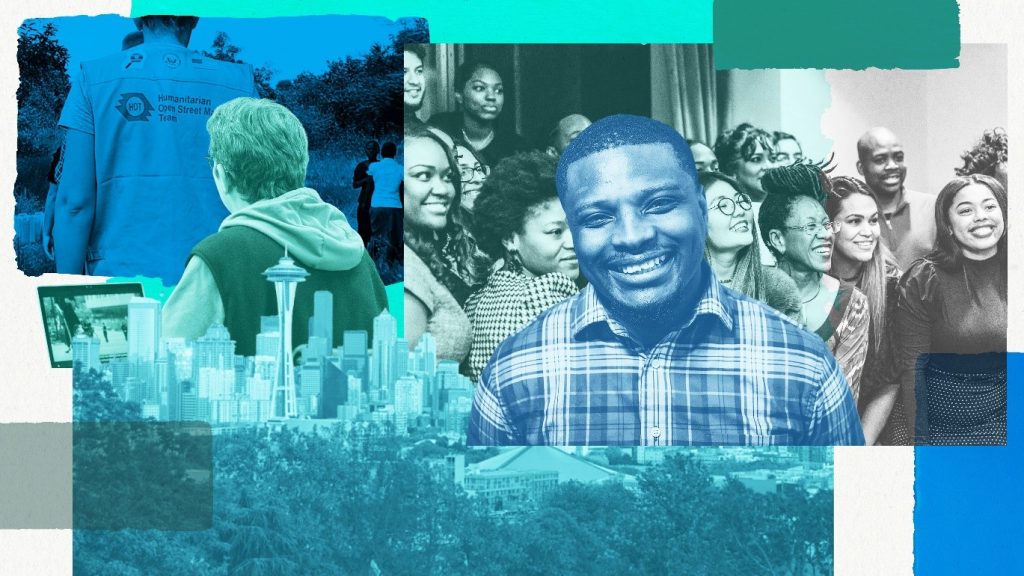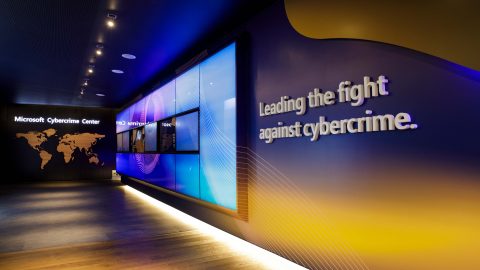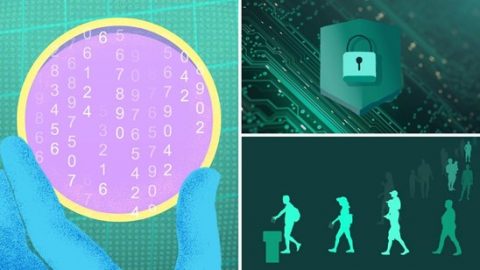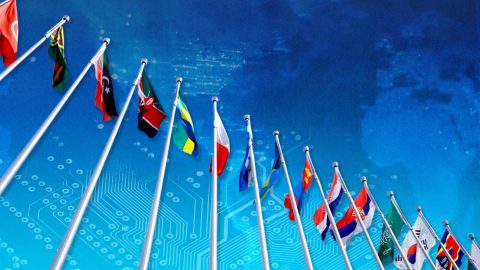2020 in review: 6 of our most read pieces
As Covid-19 affected our personal and working lives, 2020 was a year of unimaginable change. Microsoft on the Issues covered topics including cybersecurity, digital skills accessibility and more, and the pandemic influenced many of the stories we brought you.
As we say goodbye to 2020, here’s a look at some of this year’s most read stories, from the Puget Sound region and beyond.
Data, supplies, community: How Microsoft is supporting efforts to combat Covid-19
Family, friends and co-workers around the world are facing the effects of the Covid-19 pandemic. Managing response efforts requires the cooperation of every sector of society. Back in March, we offered this resource to communities, non-profits and government officials.
Everyone should have access to digital skills. New grants aim to help
Microsoft’s skills initiative hopes to help 25 million people around the world secure digital skills. In June, Microsoft made a public commitment to be more inclusive as an employer and to extend Microsoft’s support and outreach programs in Black and African American communities. As part of this, Microsoft’s community skills program will provide financial grants and tech enablement to community-based non-profits reaching 5 million unemployed workers who need it most.
This is a look at i.c.stars, a rigorous, tech-focused program that provides young adults from low-income communities with the tools to develop the technical and leadership skills needed for a career in technology, a field that continues to lack diversity and be in high demand.
Every election year, millions of Americans are eligible to cast their ballots to elect officials ranging from members of school boards to the President of the United States. Those millions of voters need to be confident that the democratic process is carried out without interference.
However, in recent years, technology designed to help elections run smoothly has been targeted by those seeking to influence, subvert or sabotage democracy. Microsoft has been working with governments, NGOs, academics and industry on the Defending Democracy Program. One of the components is ElectionGuard, explored in this article.
An inside look at the global battle with botnets
In March, a small team at Microsoft dismantled Necurs, one of the world’s largest botnets. It was a project that was eight years in the making, and involved coordinated legal and technical action from 35 countries. Botnets are highly sophisticated, acting as a unified threat and often run by well-resourced operators. Tracking them down and preventing them from carrying out further infections and attacks is a complex task that takes coordination across geographies and organizations. This article explored the battle with botnets around the world.
Understanding accessibility through ABCs
At Microsoft, we focus on the maxim of “nothing about us, without us” in order to create technology for people with and without disabilities. Creating and developing technologies for everybody to use involves embracing diversity and an inclusive culture in Microsoft’s own workforce.
The main obstacle to inclusion and diversity is the lack of awareness. As a starting point to educate and share, we shared our ABCs of Accessibility, from A to Z.
How AI is helping map the world’s most vulnerable places
There are places in the world that have not been mapped in detail. In the event of a natural disaster that can be a problem, as rescue teams try to understand where their help might be needed. The Humanitarian OpenStreetMap Team, or HOT, is working with Microsoft’s AI for Humanitarian Action program and Bing to combine satellite mapping, machine learning and an army of volunteers to create detailed and potentially life-saving maps. This story looks at the work HOT is doing, particularly across Africa, and explains how these maps are part of the effort to contain Ebola.









